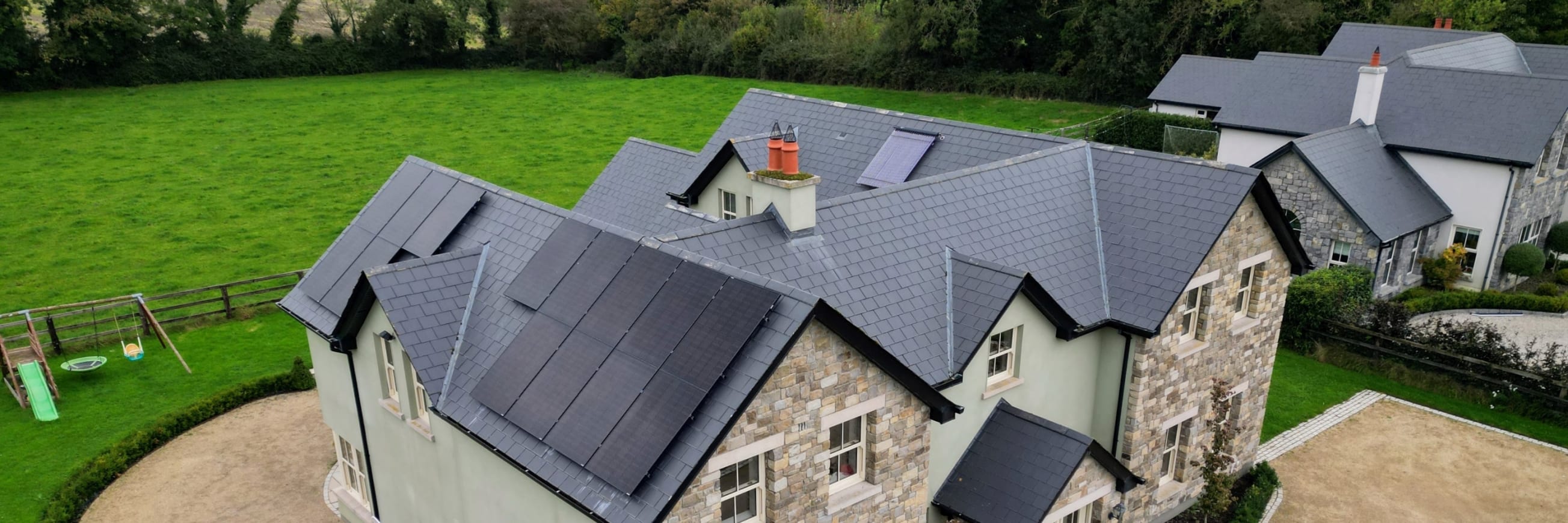

This page is designed to help you calculate how much you can save with your own solar battery. Customise the figures to calculate exactly how much you could save.
We have pre-populated the calculator with figures for a typical installation here in Ireland. Adjust these figures to your own circumstances to see if a battery makes financial sense for you.
Keep in mind: this calculator works for any battery from any solar installer, not just PureVolt. So please feel free to pop numbers from other quotes in here too and see if a solar storage battery is a good idea for your home.
Adjust these figures to calculate exactly how much you could save.
Use the Solar Calculator to update these totals | |
Your battery savings: | |
| Annual savings from solar storage | €294.67 |
| Annual savings from night rate storage | €301.94 |
| Total annual savings | €596.61 |
| Payback period (years) | 4.2 |
| Total savings by end of warranty | €5,225.75 |
| Total profit by end of warranty | €2,725.75 |
Please take all predictions on solar storage battery usage and savings with a big pinch of salt - both the numbers on this page and any we put in direct quotes for you. The benefits you get entirely depend on your own pattern of electricity usage, so it can be notoriously hard to predict, especially when it comes to how many storage cycles you'll get from your battery per year. Your own results might be significantly better or worse.
That said we wanted to share some real numbers with you, so at least you've a ballpark guide as to what to expect from adding battery storage to a domestic solar panel installation. We hope it helps.
€1,700 - €2,200 would be a typical price to include a battery in your solar installation. This includes not only the battery, but you need a Hybrid inverter to take a battery (which is more expensive than a standard inverter), there's more labour and various small bits and pieces (cables, switches etc)
5.1kWh would be a standard battery size (which could boil an average kettle for about 2.5hrs nonstop). You can though chain a few batteries together if you'd like more capacity. Small batteries (around the 2.4 kWh mark) are also available, though they can be harder to justify the expense as the overall price isn't much cheaper for a half-size battery like that.
How many times you'll charge your battery from the sun during the year?
Now we are getting a bit more into crystal-ball territory. It does depend a lot on your usage patterns, and the time of year too.
In the summer you could have your battery fully charged by lunch, then boil the kettle / have the dishwasher on a timer and you can get an extra charge in the afternoon. On a dark winter's day though you might not get a full charge in the day as the battery only soaks up excess - the panels supply your house's needs first before any spare goes into the battery.
If you are at home during the daytime, or charge your EV straight from the panels then there may be less excess to be stored in the battery.
The starting figure of 320 is fairly conservative, though please do take it with a large pinch of salt as it's notoriously hard to predict.
The extra magic of a battery system! You can charge on cheap night rate electricity (normally around half price). This can run your morning routine, before recharging the battery on solar to run your evening routine. Double the benefit.
Again this varies depending on your usage. If you've a busy household in the morning, with electric showers / kettles / toasters / dish washer and more all on the go, you could easily use the full storage in the morning so it's empty and ready to soak up your excess solar during the day. If your morning routine is just 3 mins then out the door, then starting the day with a full battery might not be the best idea as you'll not be able to store your excess daytime solar power.
For most PV solar systems we install we have remote access to adjust such settings. If you'd like to monitor your usage then make a few adjustments to when and how the battery charges, just ask. If you've remote access then we can do that for you, no problems, or you can adjust it directly yourself.
Some utility companies are now offering even cheaper rates in the middle of the night for rates as low as 7 cents / unit. For example, Energia are quoting 7.54 cents / unit on their "Smart Drive" rate from 2am - 6am, and SSE Airtricity are offering 7.29 cents / unit between 2am and 5am on their "Smart EV Charge" (rates as of Oct 2024). For these rates you need to have a Smart Meters installed. We can set your battery to charge each night at this low price electricity timeslots so you can take full benefit from these super cheap rates.
Top tip for solar battery owners is to look out for any electricity plans designed for EVs, they often have the best rates for super-cheap solar battery charging in the middle of the night (and no you don't have to own an EV to get these rates).
Here we've used the smart meter rates from Electric Ireland as on their website on 23rd August 2023.
A cycle is one full charge followed by a full discharge. Batteries though do not like being taken down to completely flat, so most are set up to use about 90% of their rated capacity to prolong their lifespan and reduce deterioration.
Batteries though will still degrade over time. For example, my own battery is now 4 years old and is at 91% of its initial capacity. So we've used a figure of 80% here as the default to take account of deterioration over the battery's life.
Batteries typically come with a manufacturer's warranty that has a few different limitations. Here's where we've gone for 10-years / 6000 cycles, with the warranty expiring on whichever runs out first.
Heads up that often a manufacturer will want you to register your product to get the full warranty lifespan, so we'd definitely recommend doing that.
We do this so you know the total savings that you might make before the manufacturer's warranty expires. Yes, the battery should last longer than that, but the lifespan we'd not expect to be up at the same levels as the solar panels (which often come with a 25-year manufacturer's warranty), so you'd want to be happy that your battery has made you a good saving in a shorter timescale just to be safe. For me I tend to look around the 10-year mark - if it's made a good profit for you by the 10-year mark then it's probably a good investment. If it takes that long just to break even then perhaps not.
Based on your Eircode and a few other bits of information from you, we will send you a free initial quote and design proposal. Using satellite imagery of your house, we can generate a pretty accurate design including price, electricity production forecasts, what grant you might get and how long it will take for your PV system to pay for itself. All we need from you is this quick and easy form.
The next step is for one of our engineers to come and view your property. They will discuss everything with you in detail, and will inspect everything from your roof to your electrics. Based on this, we may make some improvements to your design to make sure it fits your exact needs.
Within a day or two, we will send you a full system design proposal along with a finalised quote. Your solar engineer will follow up to go through everything with you and answer any questions you may have.
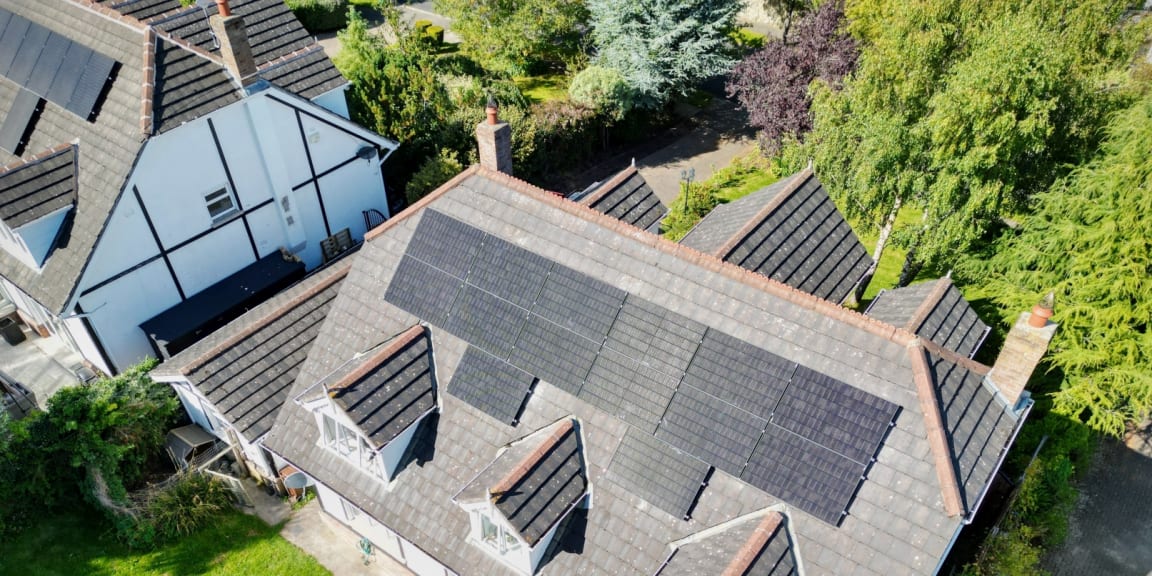
An overview of the factors to consider when deciding if solar is the right financial choice for you.
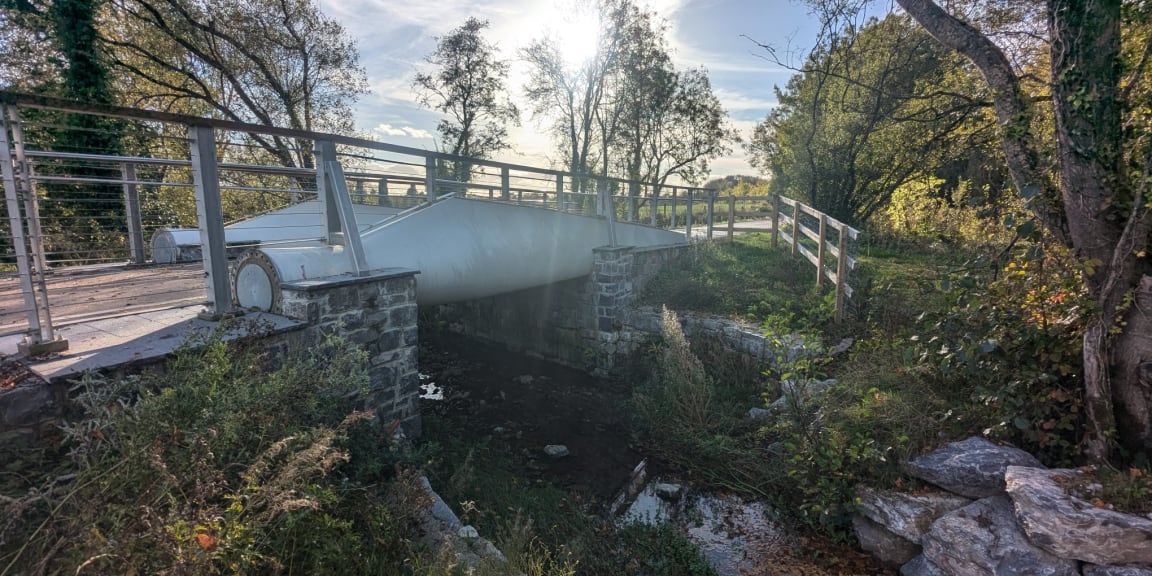
Our visit to a bridge made using repurposed wind turbine blades in County Cork.
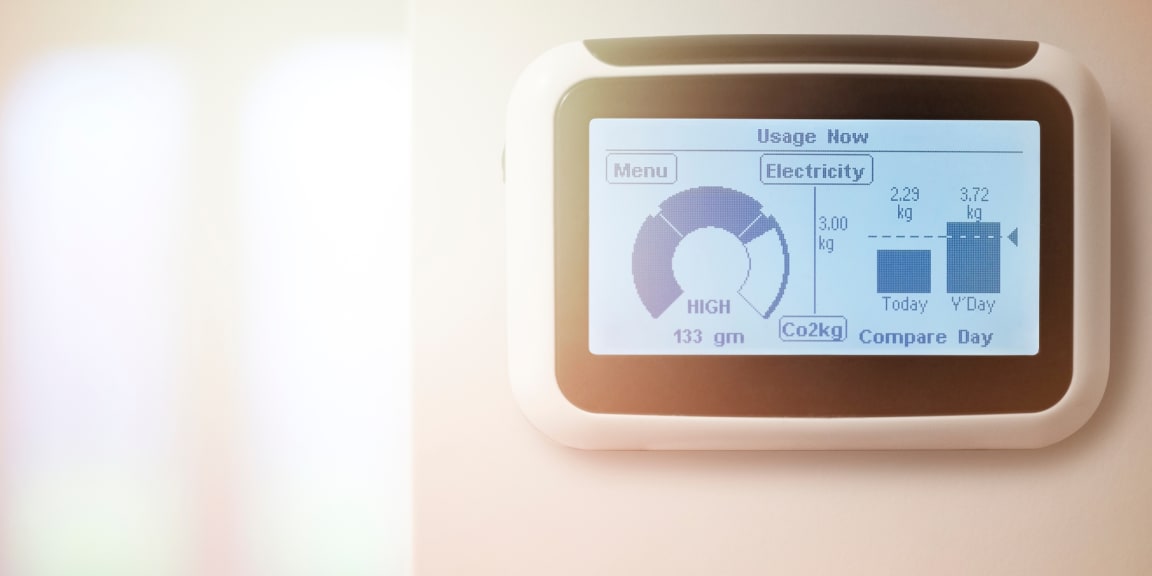
The best return-on-investment ways to reduce your carbon footprint.
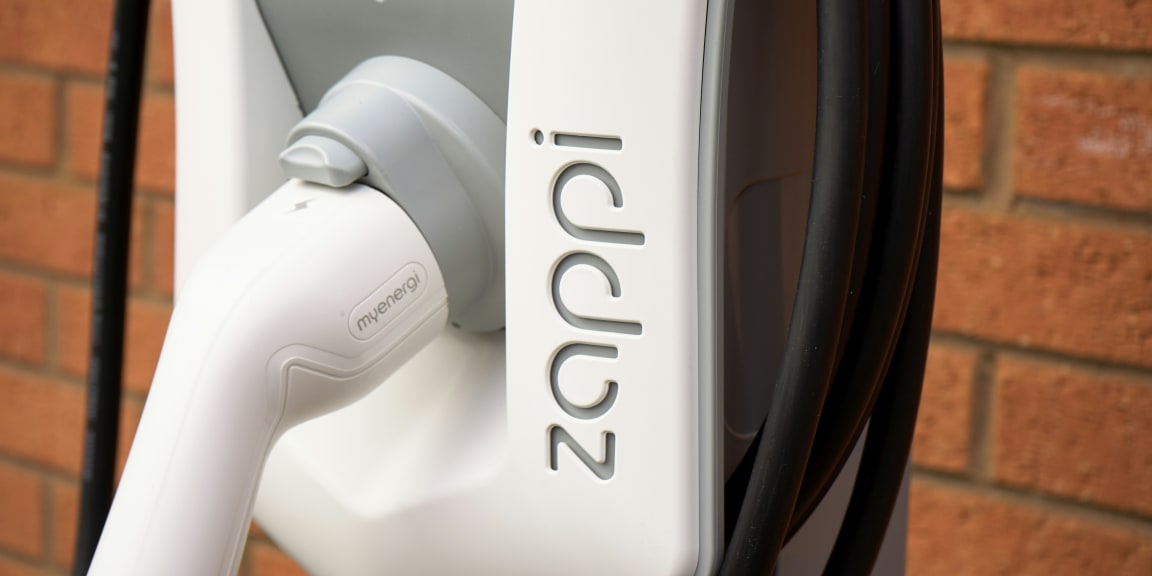
How to charge your electric car using energy from your own solar panels.

Ireland's path to a greener future: embracing circular living for lasting sustainability.

We ranked Ireland's best and worst counties for solar power output.
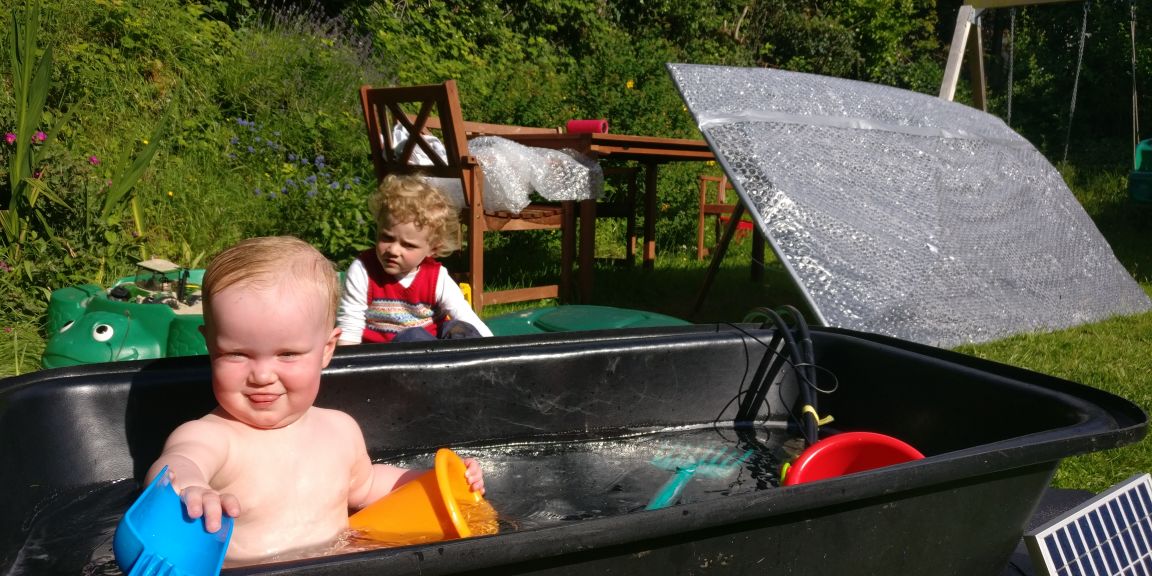
How to build your own solar panels to heat a hot tub or paddling pool at home.
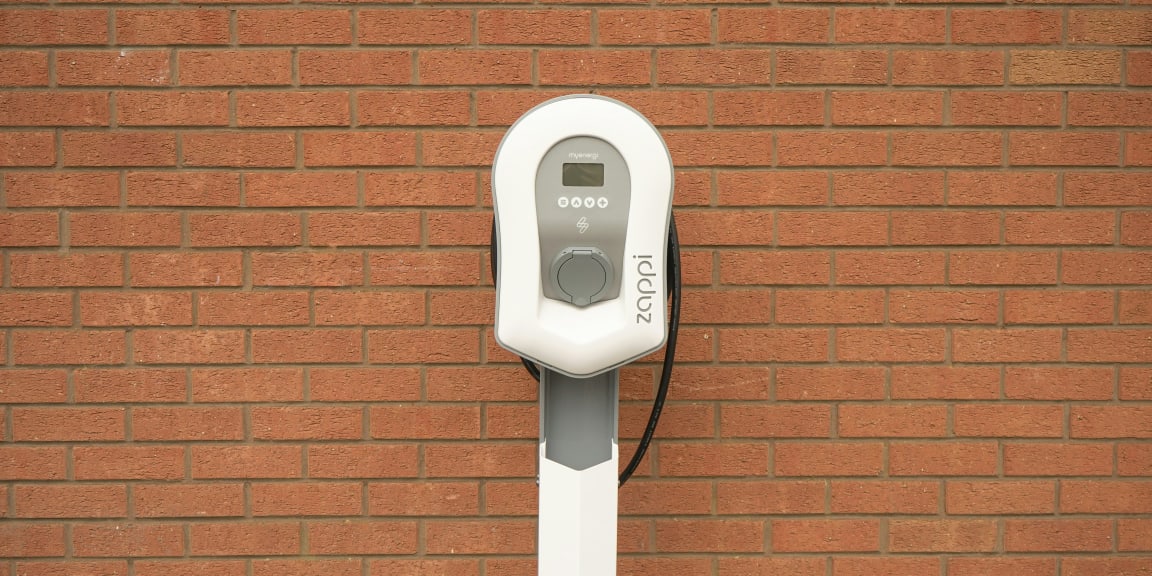
Everything you need to know about electric car chargers, pros and cons.

One simple change for you, a significant carbon saving for Ireland, and financial rewards for you.
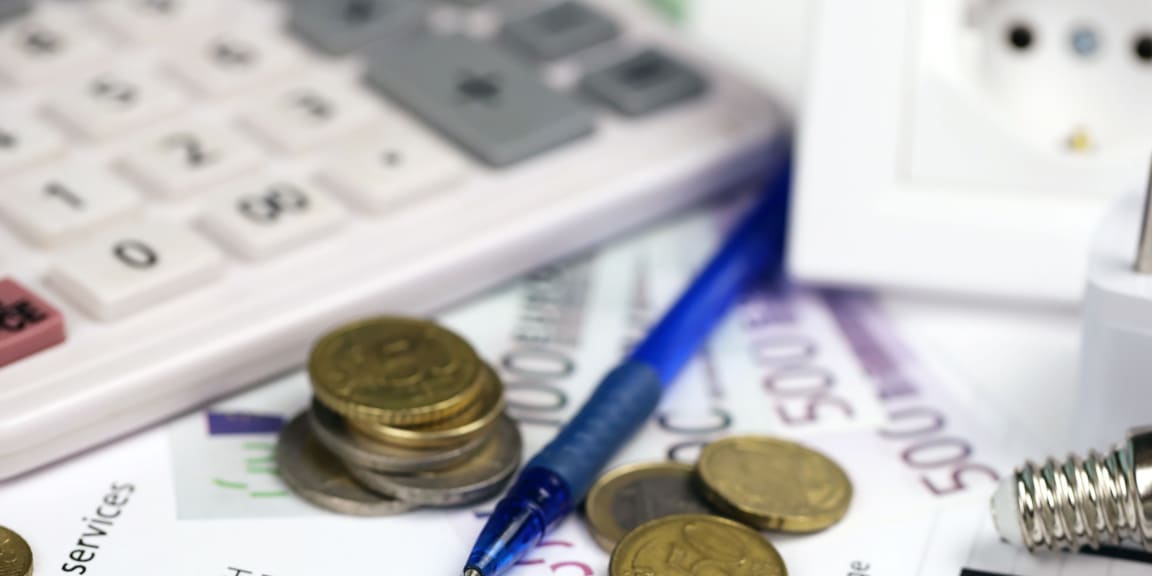
How to make money by selling your excess solar electricity back to the grid.
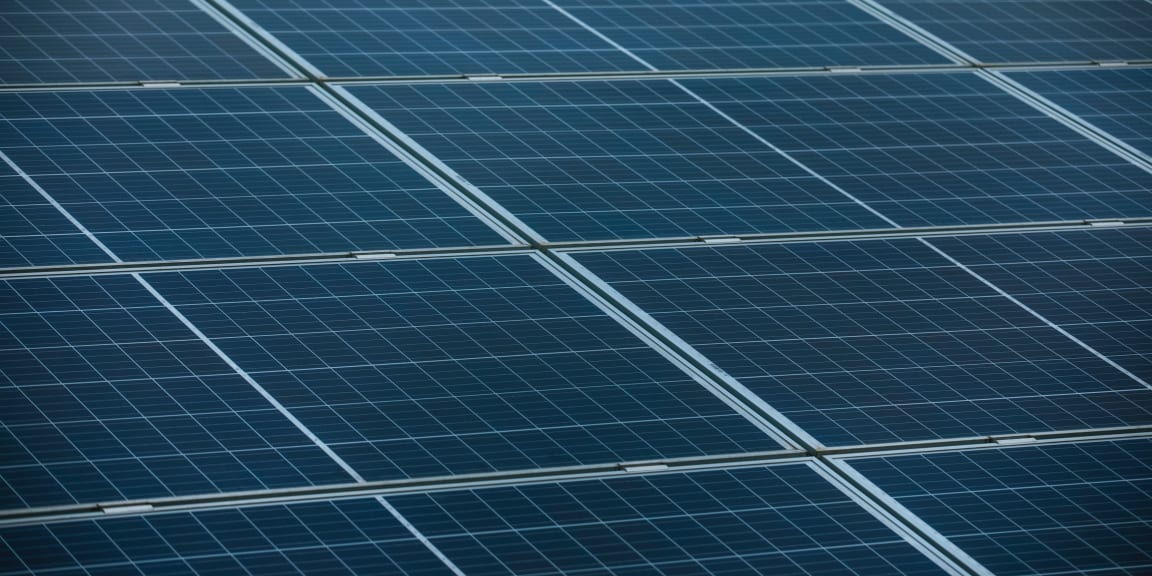
We're giving away all of our 2024 profits to good causes in Ireland.
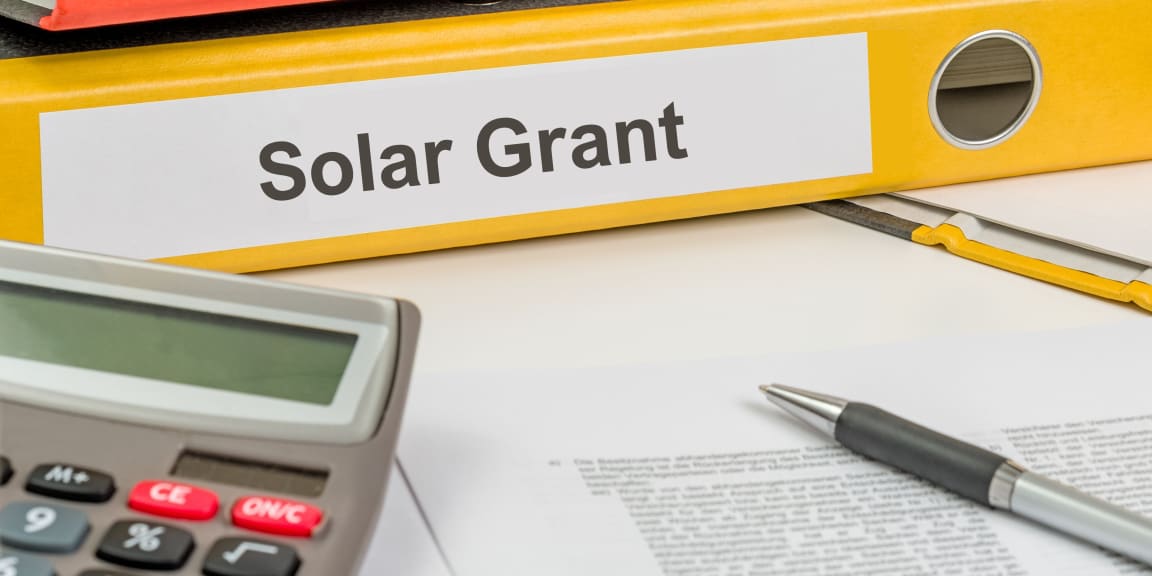
The definitive guide to solar grants [2026]. What you get, how to apply, and more.
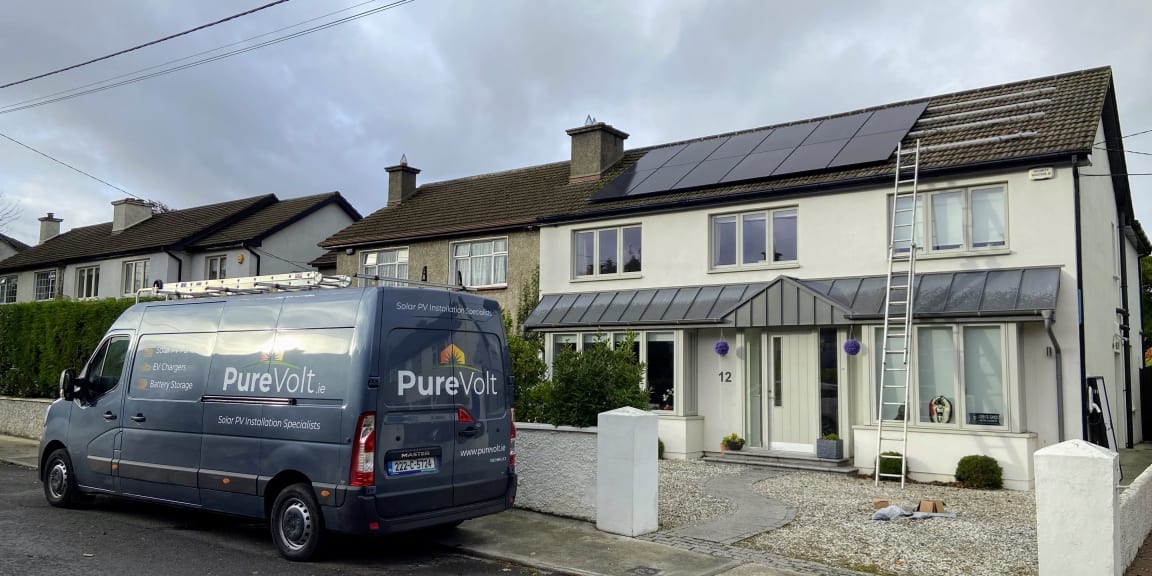
Enjoy savings on solar by teaming up with your neighbors for a group-buy in your area
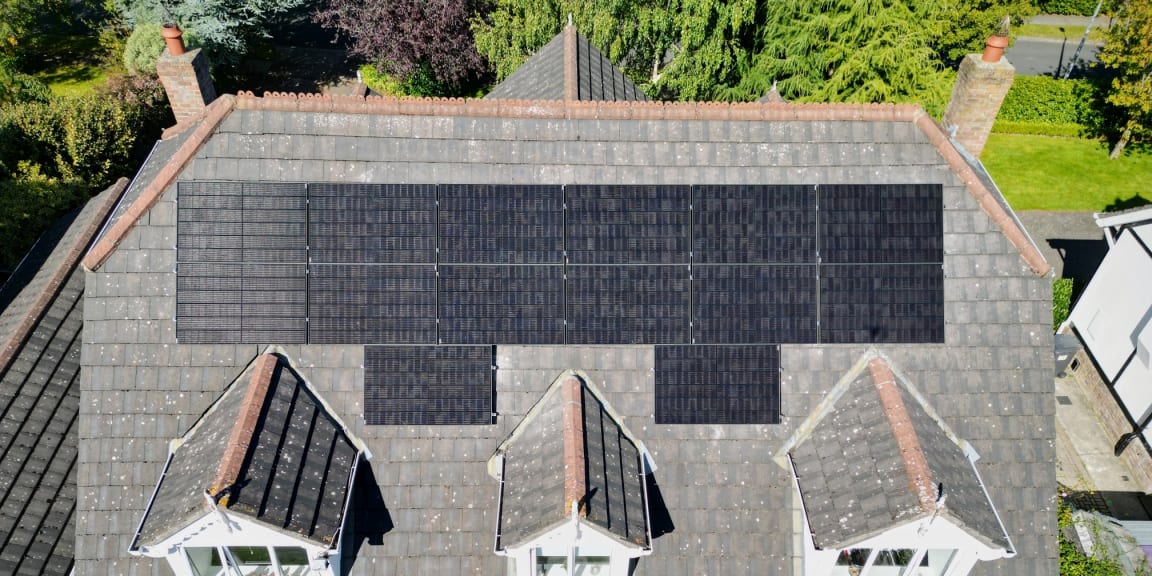
A very geeky history of solar panels and their usage in Ireland
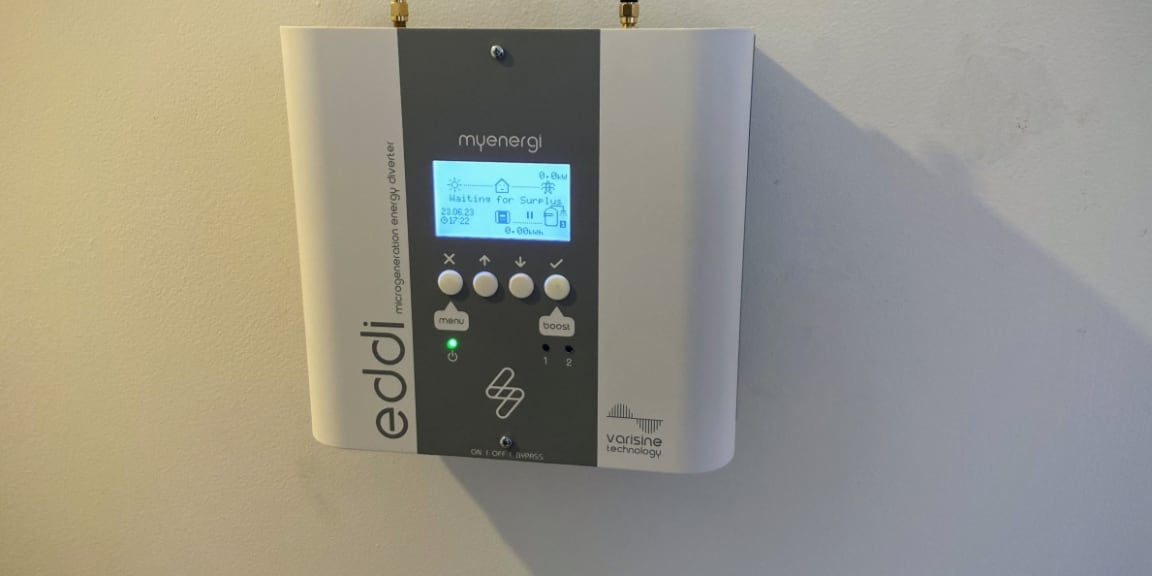
What are solar immersion diverters, and are they right for your home?
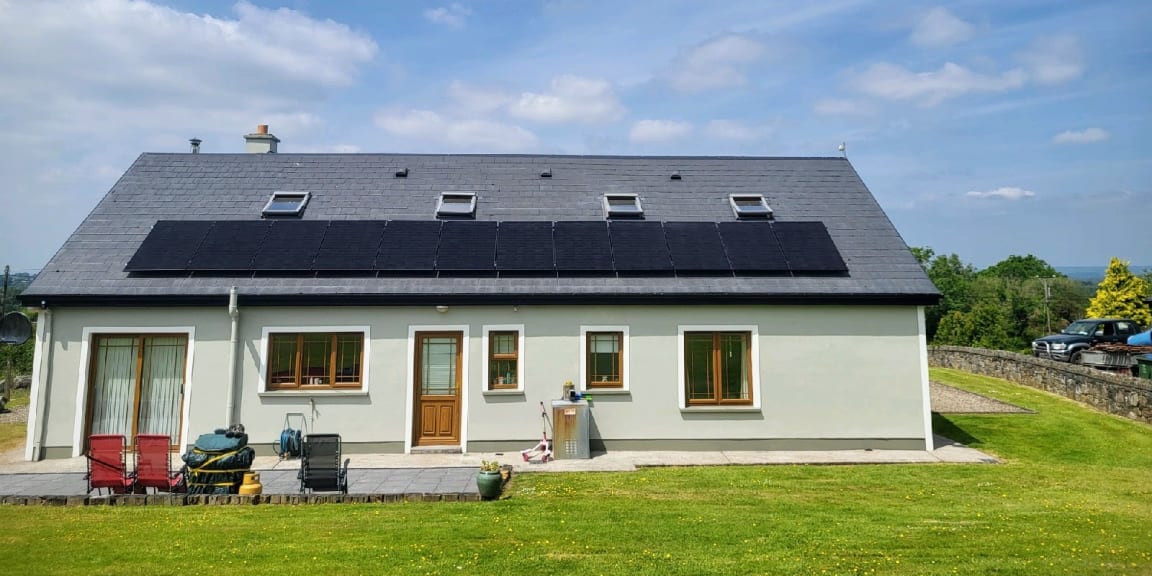
Not all homes are right for solar. Here's how to know if yours is one of them.
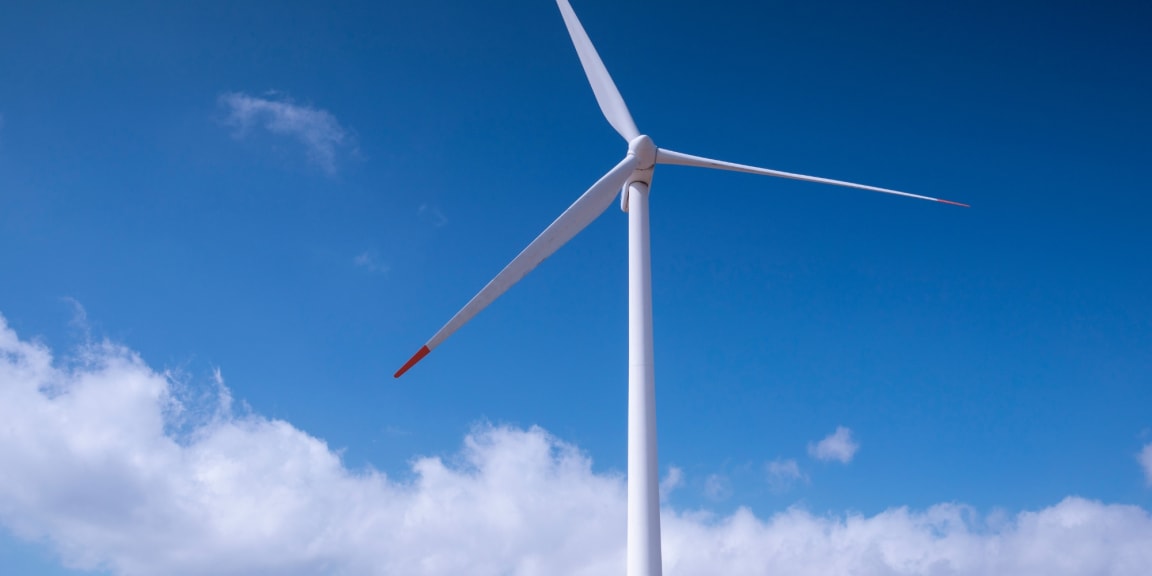
Using real data to highlight Ireland's progress toward a sustainable future.
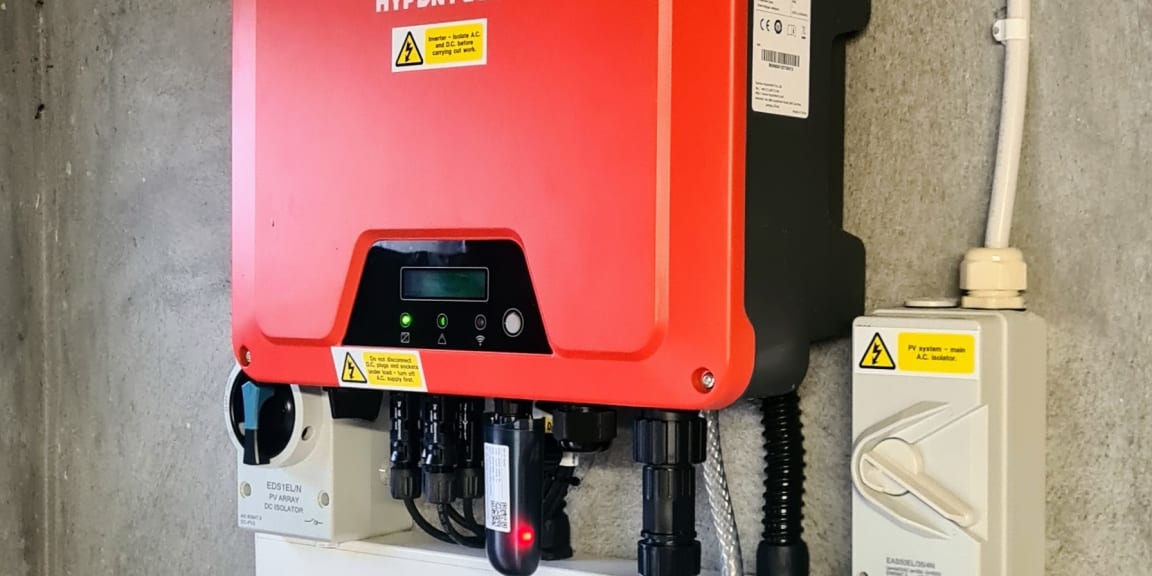
Solar PV components explained. The must-haves and the added extras.
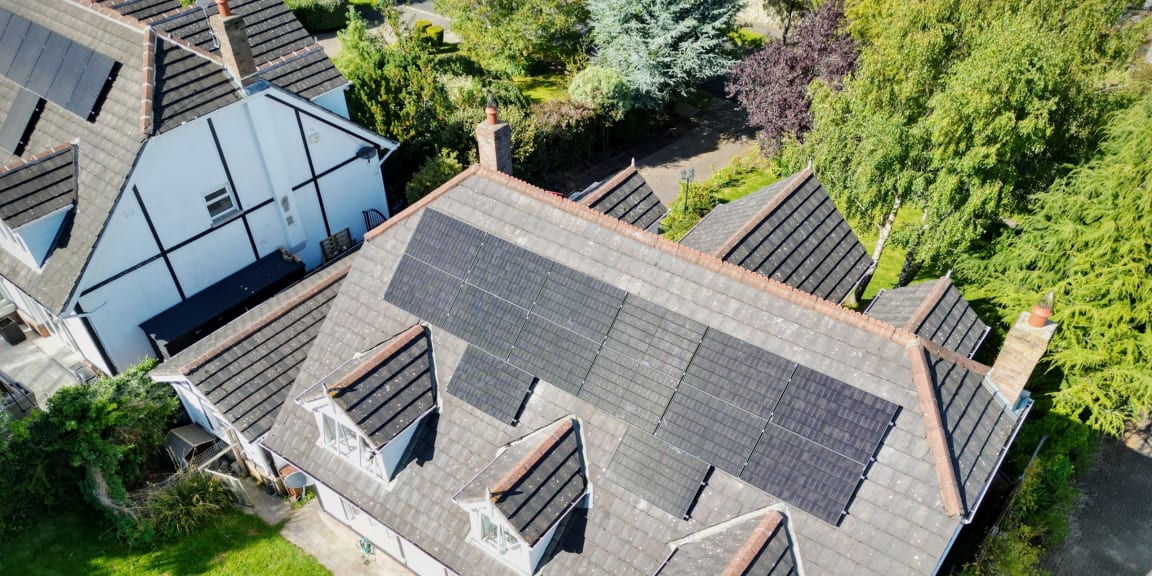
Ireland aims to shift to a global leader in the solar generation movement.
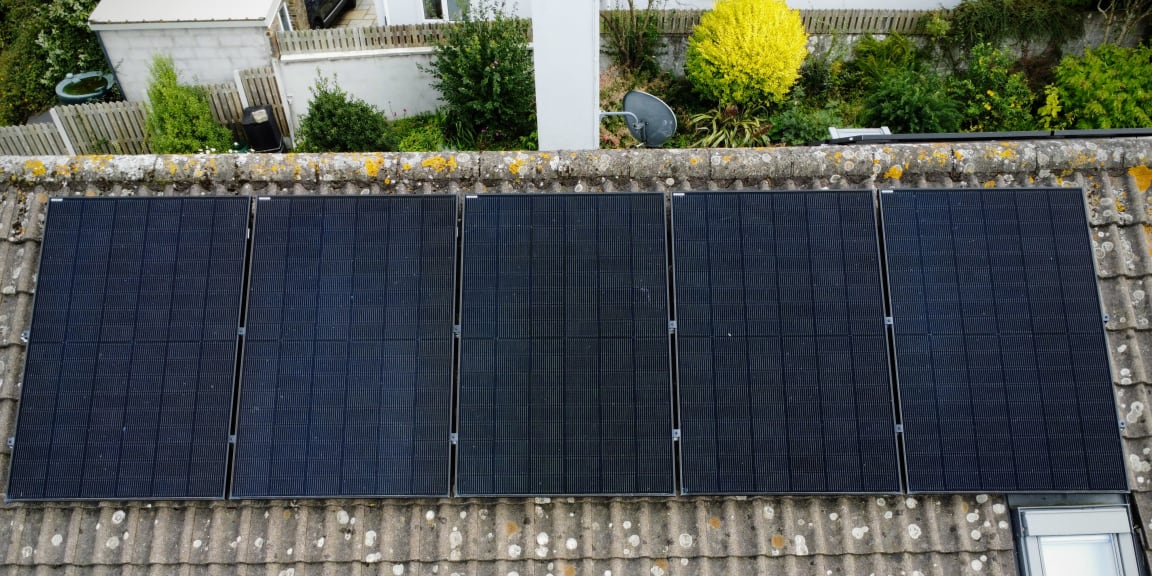
We want to help Ireland go green. Here's how we've done in 2023 and 2024.
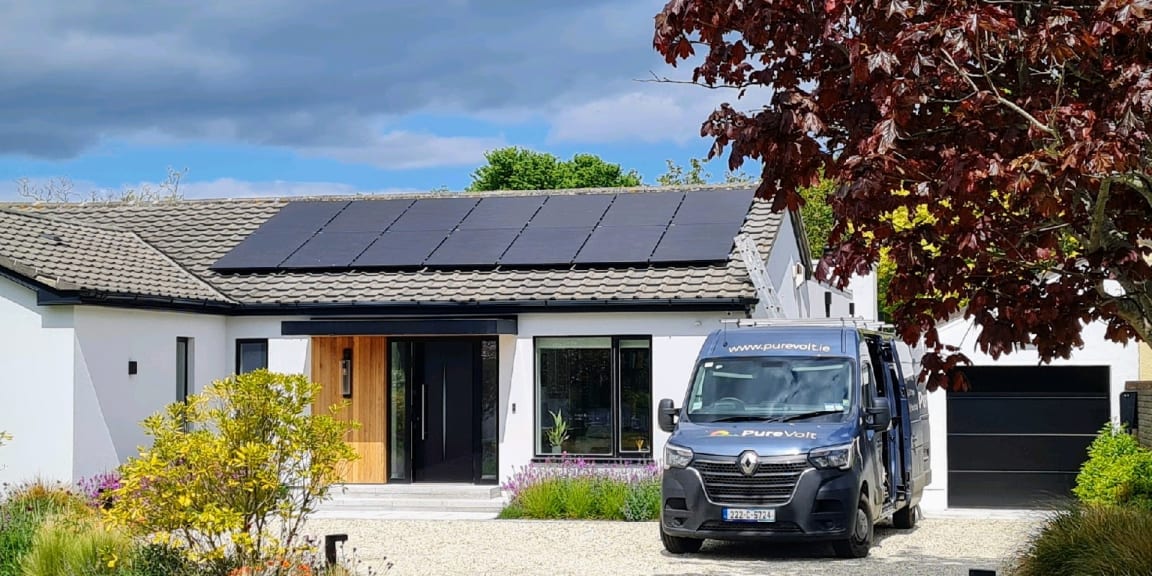
The ultimate guide to PV solar panels (the ones that generate electricity).
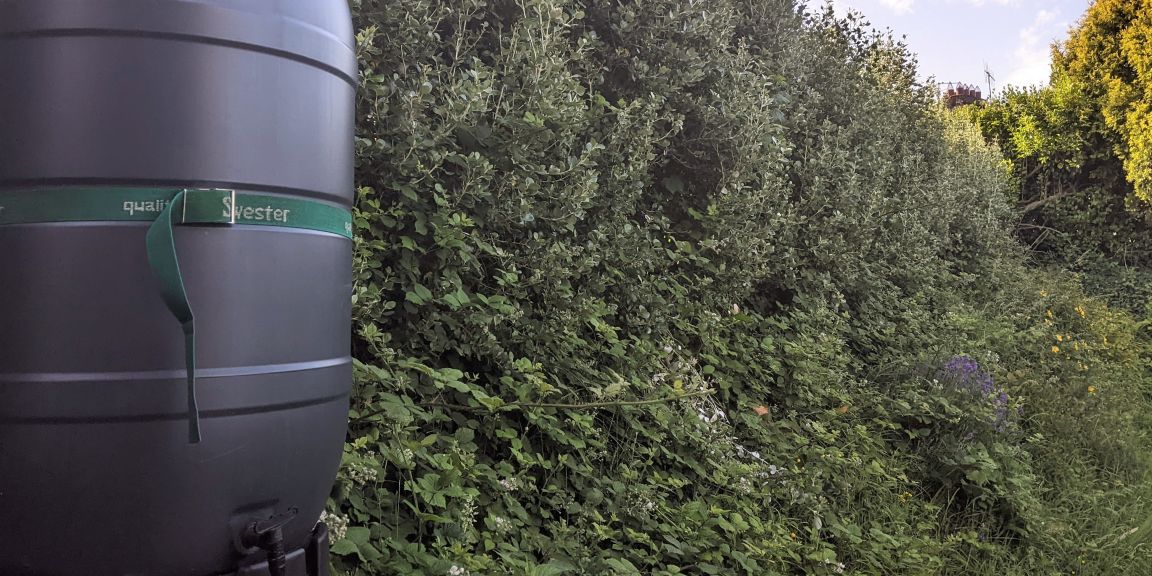
Costs and results: a one-man mission to slash the carbon footprint at home.
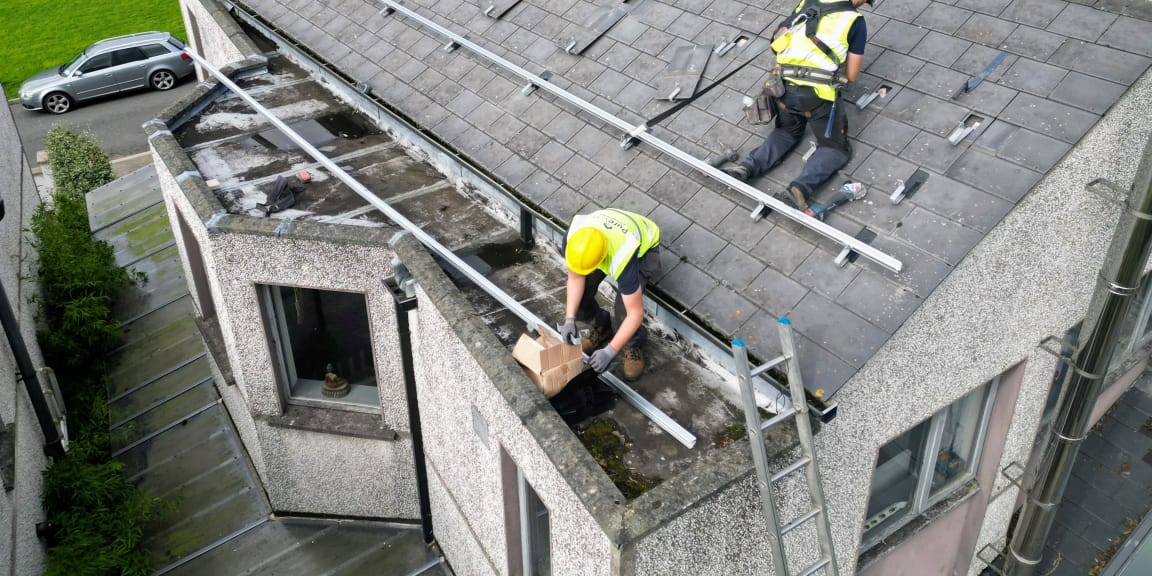
In-depth: the optimal angle and orientation of your roof for solar panels.
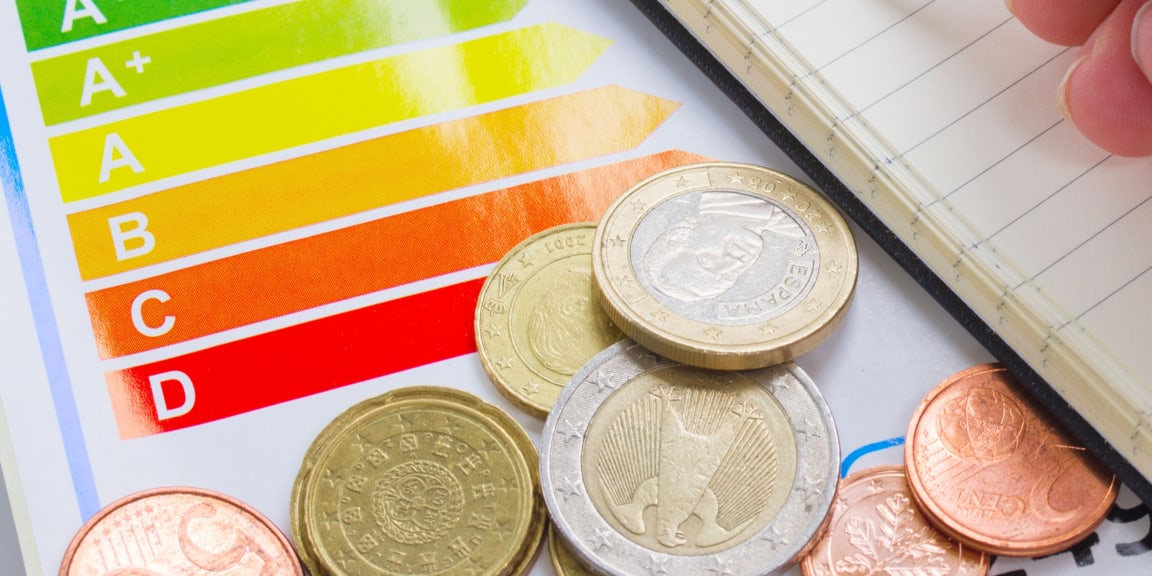
The ultimate solar battery savings calculator. Will a PV battery save you money?
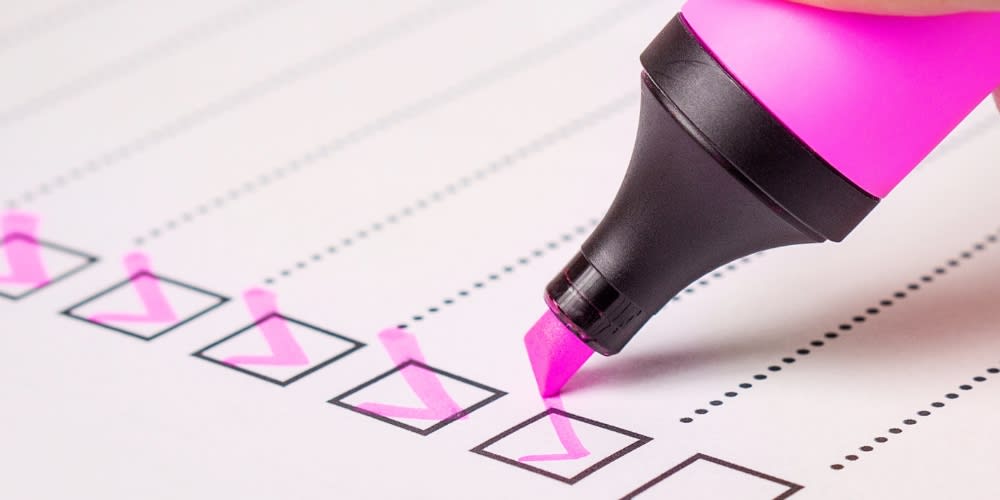
Our step-by-step guide to completing your SEAI solar PV grant application [2026].
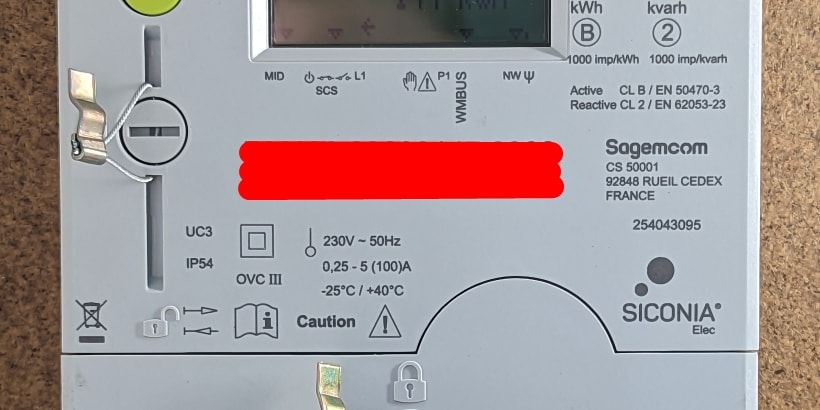
How to save big money using smart meter plans, solar panels and solar batteries.
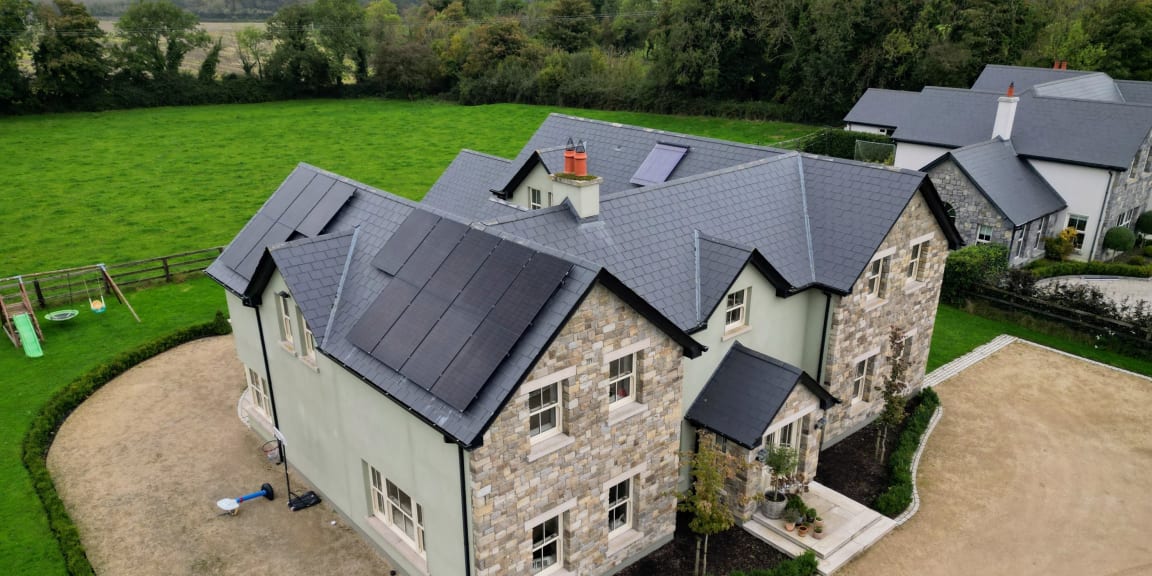
The 2026 calculator: find out how many solar panels are right for your house.
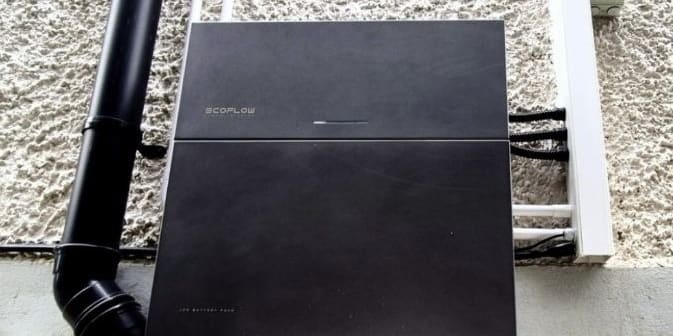
Q&A: what are solar inverters, what do they do and why do you need one?
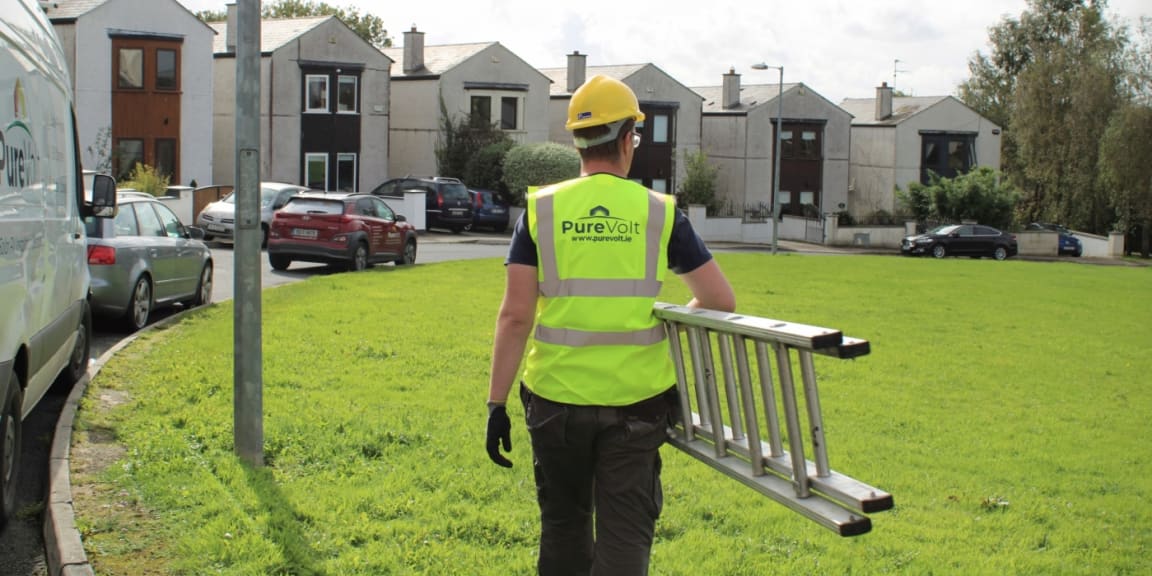
Solar installations 101. A no-nonsense guide to solar jargon and terminology.
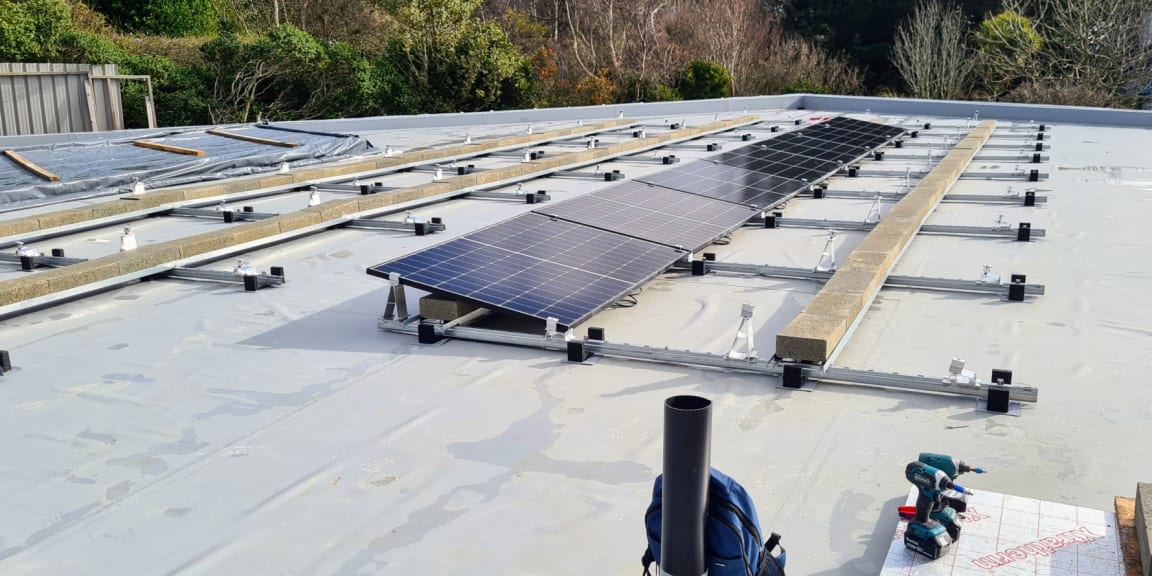
What you need to know about how solar panels are fixed to your roof.
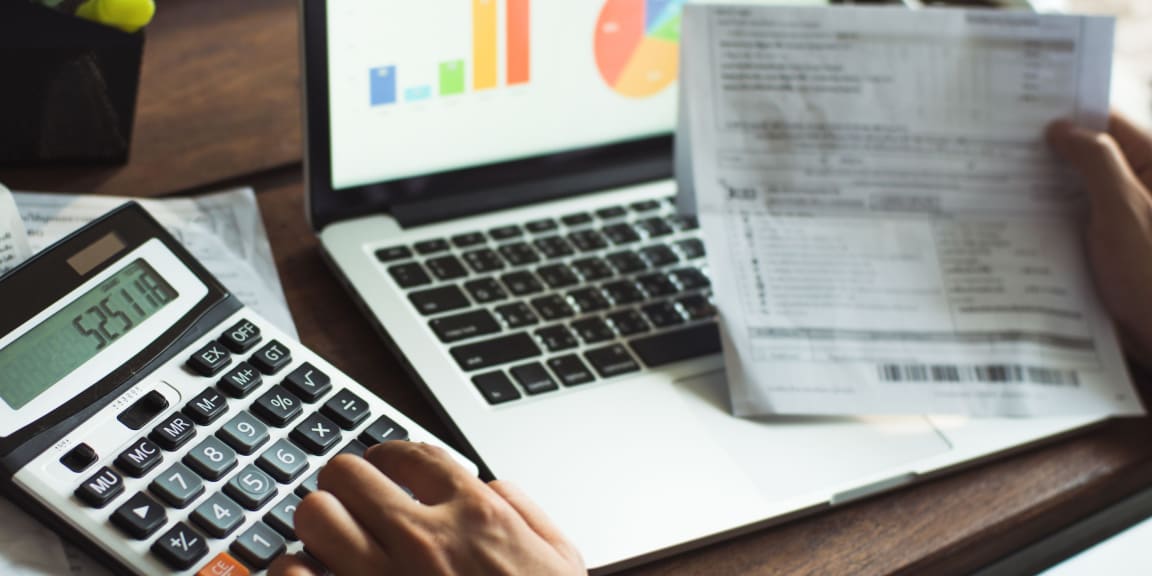
What solar panels cost & what you'll save, both in Euros and CO2 footprint
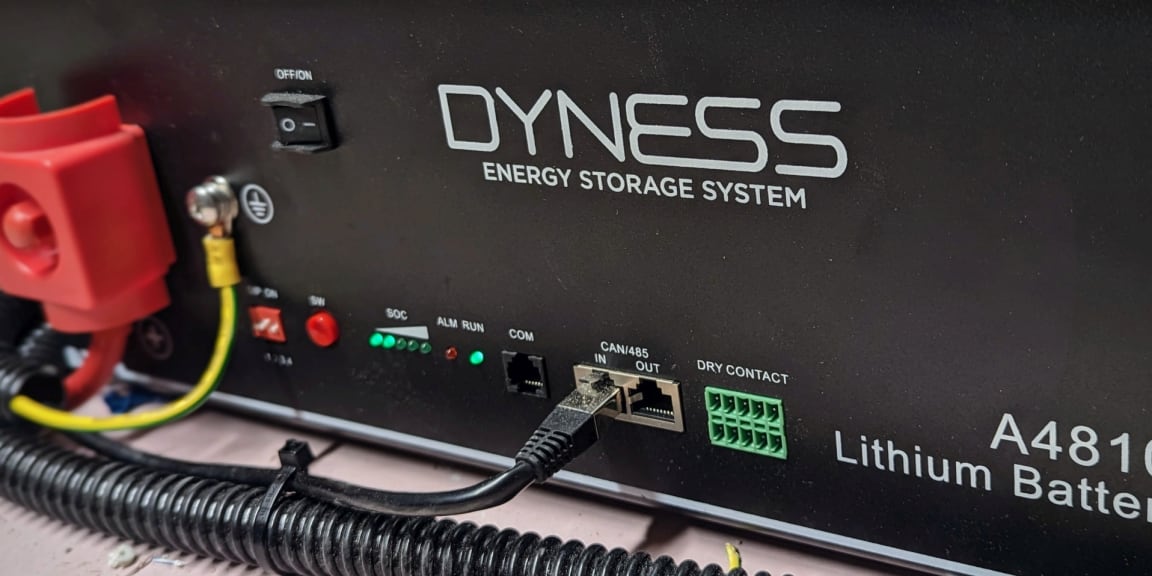
Pros and cons of storage batteries, what they cost, case studies and more.
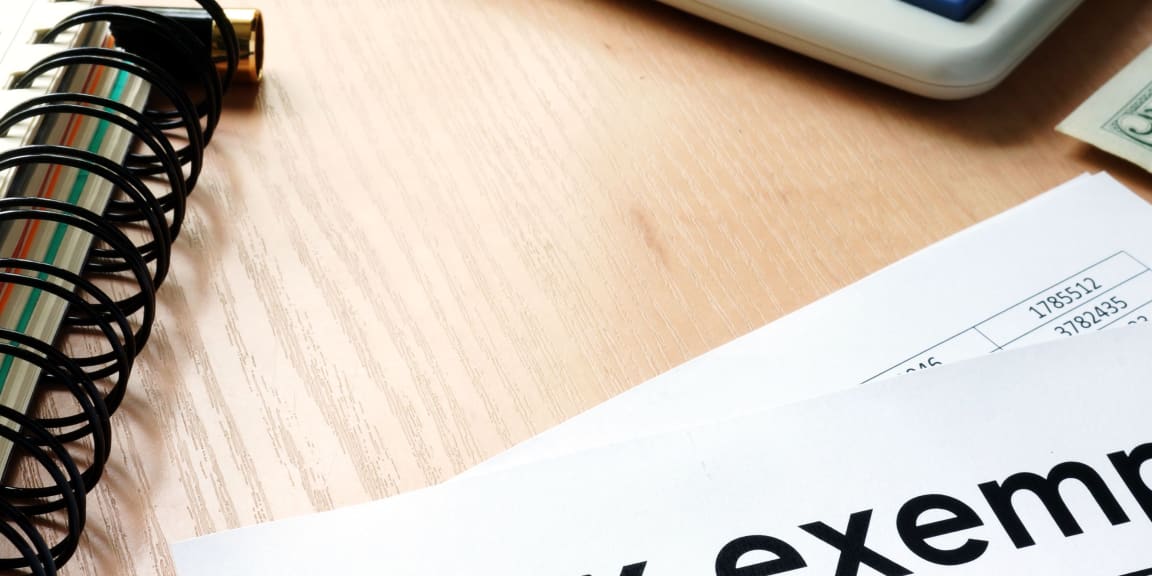
All about the VAT rate on domestic solar panel supply and installation (0%).

Running your house from solar power during a power cut.
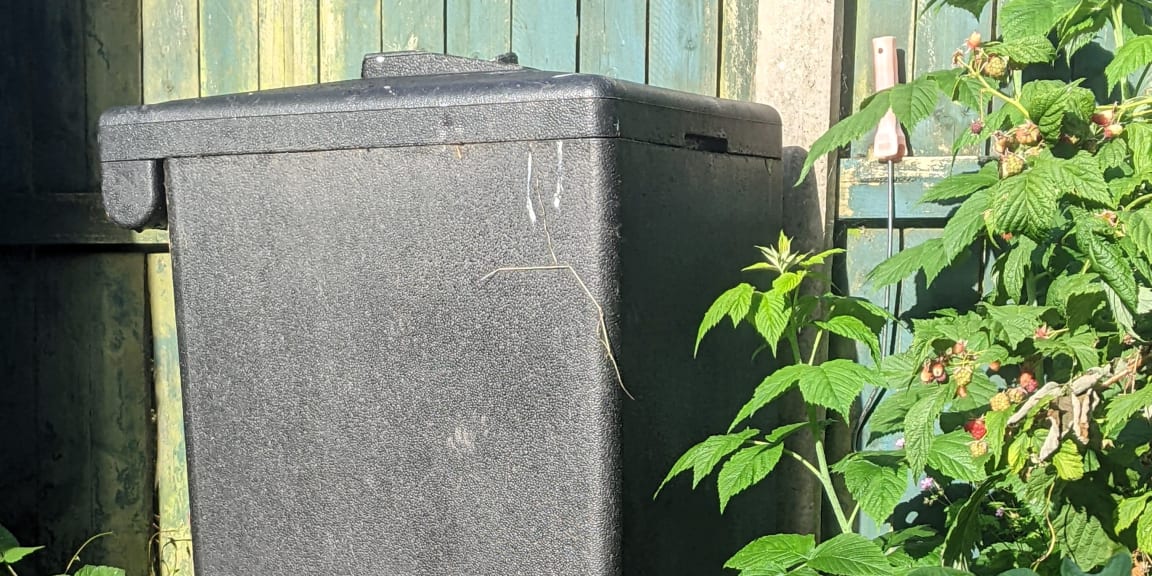
At look at the options available in Ireland for disposing of your food waste at home.